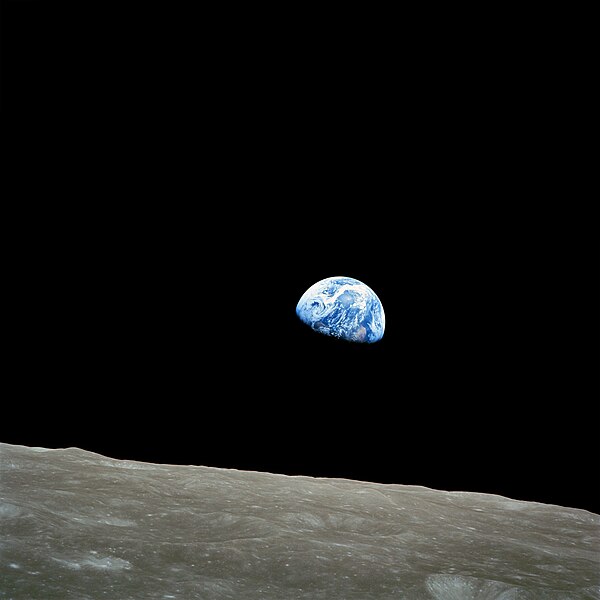I've changed the image in my page-top banner to a shot of Markarian's
Chain. This group of galaxies is one of the most awe-inspiring sights I've
had yet through an amateur telescope. I first viewed the chain in our back
garden using my 150mm f8 refractor under the Bortle 4.5/5
skies we have here, and even in these less than ideal conditions, it looked
wondrous.
It's not the size or brightness of the galaxies in the chain that's so
jaw-dropping (they're rather faint in the eyepiece of a 6" refractor or 8"
reflector), it's their number, coupled with the fact that with a low or medium
power eyepiece you can see multiple galaxies in the field of view
simultaneously. The chain and the Virgo cluster of which it is a part is
probably the closest you can get, when using a small telescope, to the sort of
galaxy-peppered views captured by the likes of Hubble and the James Web
Space Telescope.
To view a single galaxy is mind-blowing enough, but being able to see several
in same field of view is an experience for which you quickly run out of
adjectives. To boot, being able to see the chain from a location as familiar as
your own back garden just makes the experience feel all the more special.
So, if you're as relatively new to this as I am and you haven't yet pointed
your scope at Markarian's chain, you really must put it on your shorlist of
objects to see. It's quite something. For the majority of viewers in the
northern hemisphere, the Virgo Cluster (the location of the chain) should
be at its best between now and June.
So far I've only viewed the galaxies in the chain using my 150mm (6")
refractor. I'm not sure how impressive the views are through scopes that gather
less light, say, a 3" or 4" refractor. I'll get around to pointing my 100mm
(4") refractor at the chain at some stage and will report back here with the
results.
Links to articles about Markarian's Chain:
messier-objects.com
Wikipedia
Sky & Telescope
Markarian's Chain image courtesy of Hewholooks (Wikimedia Commons)

